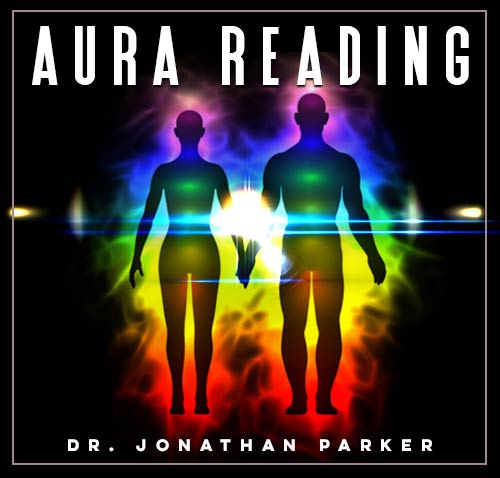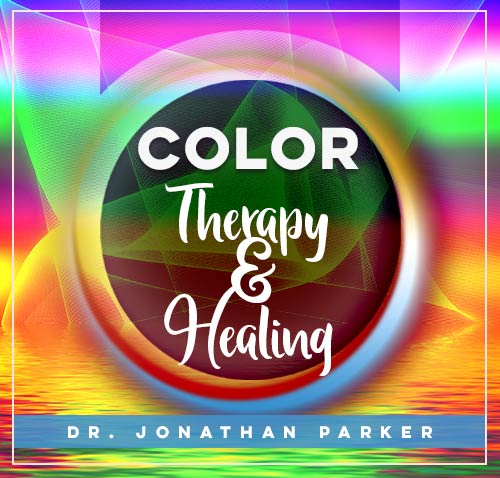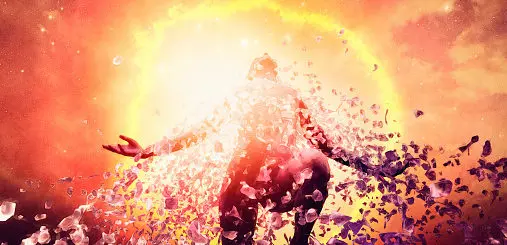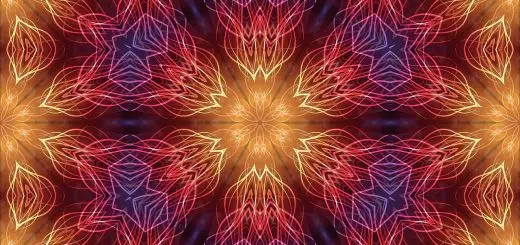Aura in Slang: What It Means and How It’s Used
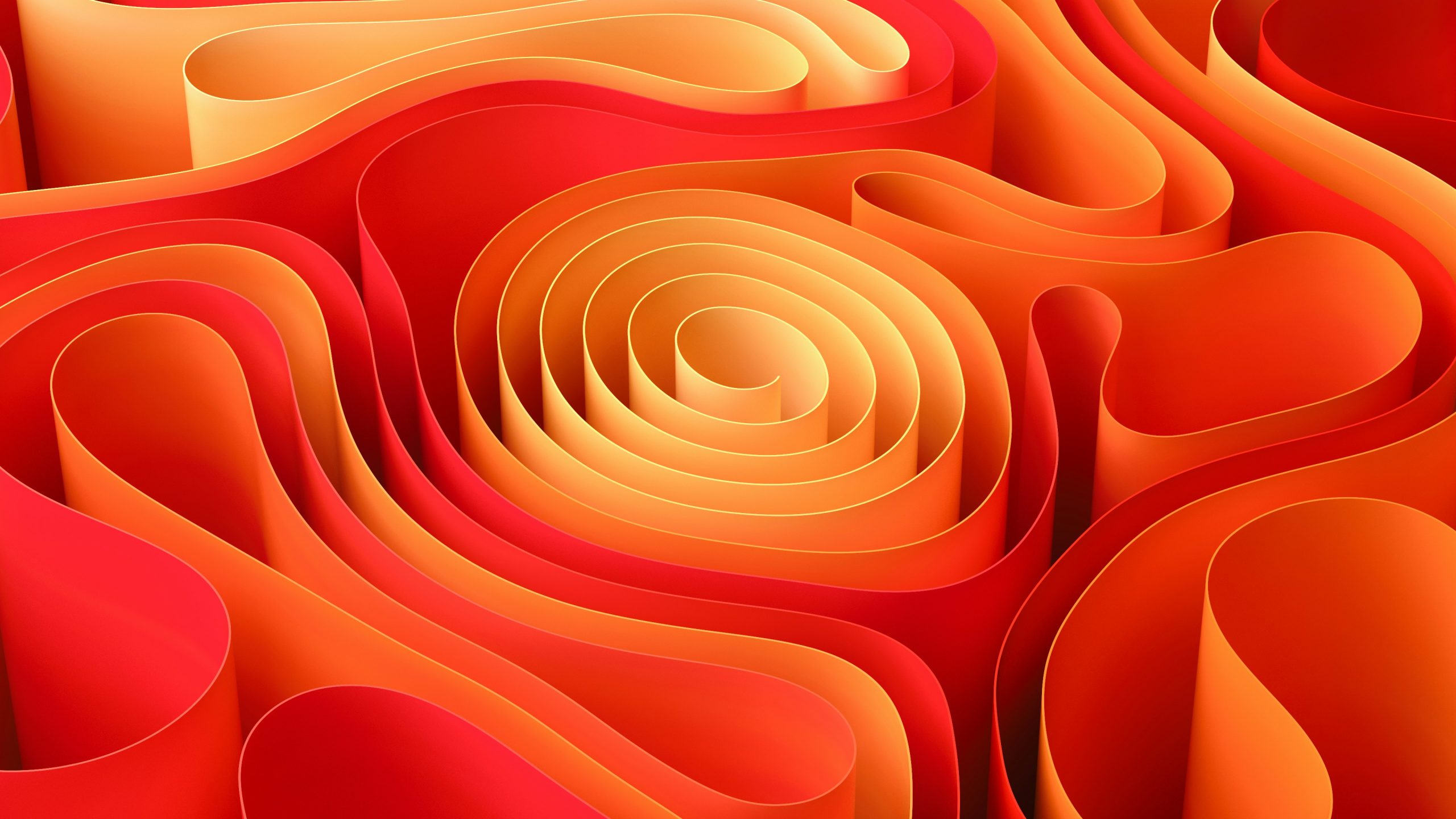
Before diving in, please note: This post is for informational purposes only. If you’d like to know more about how we approach topics, feel free to check out our friendly Disclaimer Page.
Hey there, amazing readers! 
We’re committed to delivering quality posts, and your support (even just sticking around despite the ads) means everything to us. So, bear with us, and thanks for helping us keep the good vibes rolling. Now, on to the fun stuff!
TRANSLATE BUTTON AT THE END OF THE ARTICLE
A Quick Overview
When I think about an aura, I picture a colorful halo surrounding someone, giving off vibes that are either inviting or off-putting. But what if I told you that "aura" has morphed beyond its spiritual roots into a slang term that’s buzzing in everyday conversation? In this article, let’s explore what “aura” means in today’s lingo, how it evolved, and how you can embrace it in your daily life. Buckle up; it’s going to be an enlightening ride!
What Is an Aura? A Quick Overview of the Concept
An aura is traditionally viewed as an energy field that surrounds living beings. This concept has been around for centuries, rooted in many cultures and spiritual beliefs. People often describe auras in colors and shapes, claiming these can reveal information about an individual’s emotional and spiritual state.
Imagine walking into a room and instantly sensing whether it feels warm or cold, friendly or tense. That’s the aura at play! Some say they can see auras, while others just feel them. They might describe a bright yellow aura as joyful or a murky gray one as anxious.
In a nutshell, an aura reflects a person’s inner feelings, character, and state of mind. This energy is thought to resonate from our actions, thoughts, and even the way we carry ourselves. So, when you hear someone talk about auras, they’re often tapping into this holistic view of human energy.
Unpacking the Slang: What Does "Aura" Mean Today?
In the slang dictionary, “aura” has taken on a life of its own. Young people, especially on social media, often use it to describe someone’s vibe or the overall energy they emit. Think of it as a metaphorical lens through which we view personality traits.
When someone says you have a “good aura,” they’re likely complimenting your positive energy. On the flip side, if someone claims you have a “bad aura,” it might mean you’re giving off negative vibes that people can sense.
It’s not just about good or bad, either. You might hear someone say, "That outfit has such an aura!" In this case, they’re pointing out how a particular style or attitude enhances someone’s presence. So, the term has broadened significantly, becoming a go-to descriptor for moods, personalities, and even aesthetics.
The Evolution of "Aura": From Spiritual to Slang
How did we get from spiritual energy fields to casual slang? It’s an interesting journey. Auras started in spiritual circles, where they held serious meaning. People believed that a person’s aura could indicate their health, emotions, or spiritual state.
As more people became fascinated with spirituality and personal development, the term began to spill over into pop culture. I remember attending a yoga class where the instructor would say, "Focus on your aura!" This encapsulated the concept, making it accessible and relatable.
Once social media took off, so did the word. Platforms like Instagram and TikTok helped spread the idea, especially among younger audiences. Now, "aura" is tossed around in memes, captions, and daily chats. It’s become a part of our modern lexicon, a fun way to interact with one another while still hinting at deeper meanings.
How "Aura" Is Used in Everyday Conversations Today
You might be surprised at how often "aura" pops up in everyday discussions. Let me give you some examples:
- Compliments: “You have such a calming aura today!” This usually means someone feels relaxed and at peace.
- Fashion: “That jacket gives off a cool aura.” Here, it suggests the clothing item enhances the person’s overall vibe.
- Social dynamics: “I don’t vibe with him; he has a weird aura.” This signifies a discomfort or misalignment with someone’s energy.
People are grabbing onto "aura" to simplify what might otherwise require a lengthy description. It saves time and packs a punch! Instead of explaining how someone makes you feel, you can simply refer to their aura.
Popular Contexts: Where You Might Hear "Aura" Slang
You’ll find “aura” surfacing in various contexts these days. Here are a few common scenarios:
- Friend Groups: Friends often tease each other about their auras. “Dude, your aura is screaming ‘party animal’ right now!” It’s a playful way to call out someone’s personality.
- Social Media: Think about influencers sharing posts with captions like “Find your aura!” It’s all about promoting self-discovery and positivity.
- Wellness Spaces: In yoga studios or wellness retreats, instructors might suggest participants “tune into their aura” during meditative practices.
The versatility of the term means you can use it in many situations. Whether you’re complimenting a friend or critiquing a trend, “aura” fits right in!
The Positive Vibes: What a Good Aura Implies
A positive aura is all about those feel-good vibes. It implies openness, warmth, and joy. This is the energy that draws people in, like a magnet!
When someone has a good aura, they’re often seen as approachable and friendly. People might describe them as “radiant” or “bubbly.” You know those folks who light up a room? Yep, they’ve got a good aura going on.
Having a positive aura can be contagious. It can uplift those around you. Think about it—when you hang out with someone cheerful, you often leave feeling more optimistic. A good aura can spark connections and create a supportive environment, making social interactions more fun.
The Not-So-Great Side: Negative Auras in Slang Terms
Not everything in the aura world is rosy; some people have what we might call a "negative aura." This can refer to feelings of bitterness, anxiety, or frustration. You might hear someone say, “I don’t like hanging out with her; her aura feels heavy.” This implies that the person’s energy makes it tough to enjoy the moment.
Negative auras can drain others and create tension. It’s like walking into a room where you can cut the awkwardness with a knife. People are often more sensitive to these energies and may try to avoid those with negative auras.
However, it’s essential to remember that everyone has off days. Just because someone has a negative aura at times doesn’t mean they’re always like that. Understanding this can help foster empathy and kindness.
How Different Cultures Interpret the Word "Aura"
The term "aura" isn’t just confined to contemporary English slang. Different cultures have their interpretations and significances attached to the concept. For instance:
- Hinduism and Buddhism: Auras are often associated with chakra systems, where each center reflects different states of being.
- Western Occult Practices: Here, auras represent spiritual health and can be seen as indicators of psychic abilities.
- Indigenous Beliefs: Some Indigenous cultures view auras as essential for understanding one’s connection to nature and the universe.
Each culture adds its twist, enriching the term. These interpretations can also shape how the slang version is perceived and used.
Examples of "Aura" in Memes and Social Media
With the explosion of memes and social media, "aura" has become a trendy term that’s ripe for humor and creativity. Think about memes that poke fun at different auras:
- Vibe Check Memes: “When your friend walks in with a bad aura.” These often feature funny images of confused or shocked reactions.
- Fashion Auras: People comparing contrasting styles—“Her aura is ‘professional,’ mine is ‘I just rolled out of bed.’”
The humor and relatability of these memes often make them go viral. They offer a light-hearted commentary on how we perceive others and ourselves.
Celebrities and Their Auras: A Fun Look at the Trend
Celebrities often become the subjects of aura discussions. We see social media posts about their “aura” based on their public persona or a specific appearance. For example:
- Beyoncé: Often described as having an empowering aura that inspires millions.
- Kanye West: His aura is frequently debated, reflecting his unpredictable nature and artistic genius.
This fascination with celebrity auras can bring a sense of connection. It’s fun to analyze public figures through the lens of aura, adding another layer to our understanding of them.
Creating Your Own Aura: Tips for a Positive Vibe
Want to boost your aura? Here are some tips to help you shine:
- Mindfulness: Take a few moments each day to breathe deeply and focus on being present. It clears your mind and boosts positivity.
- Surround Yourself with Positivity: Choose friendships and environments that uplift you.
- Dress the Part: Wear outfits that make you feel good! This can enhance your aura significantly.
- Practice Gratitude: Reflecting on what you’re thankful for can improve your overall energy.
Remember, creating a positive aura takes practice. The more you focus on good vibes, the more they will radiate around you.
Conclusion
The slang term “aura” has evolved from its spiritual beginnings to a vibrant part of our everyday language. It reflects our personalities, moods, and energies, creating an engaging way to communicate. Whether you’re praising a friend’s positive aura or poking fun at someone’s vibe, this term is all about connection and expression.
So next time you hear someone mention "aura," think about the deeper meanings behind it. Embrace your aura, share good vibes, and remember that we all have the power to shape the energy we bring into the world!

The Enlightenment Journey is a remarkable collection of writings authored by a distinguished group of experts in the fields of spirituality, new age, and esoteric knowledge.
This anthology features a diverse assembly of well-experienced authors who bring their profound insights and credible perspectives to the forefront.
Each contributor possesses a wealth of knowledge and wisdom, making them authorities in their respective domains.
Together, they offer readers a transformative journey into the realms of spiritual growth, self-discovery, and esoteric enlightenment.
The Enlightenment Journey is a testament to the collective expertise of these luminaries, providing readers with a rich tapestry of ideas and information to illuminate their spiritual path.
Our Diverse Expertise
While our primary focus is on spirituality and esotericism, we are equally passionate about exploring a wide range of other topics and niches 

To ensure we provide the most accurate and valuable insights, we collaborate with trusted experts in their respective domains 
Our blog originally focused on spirituality and metaphysics, but we’ve since expanded to cover a wide range of niches. Don’t worry—we continue to publish a lot of articles on spirituality! Frequently visit our blog to explore our diverse content and stay tuned for more insightful reads.


